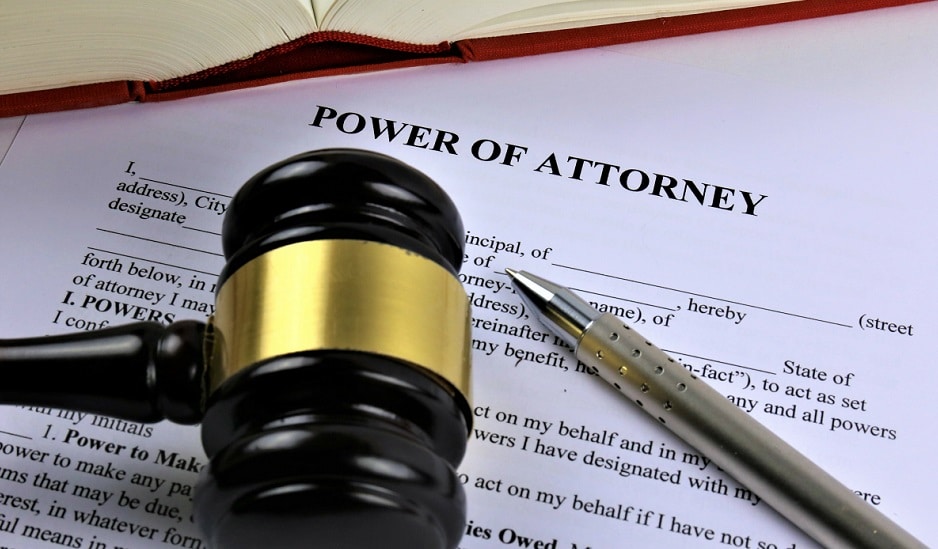You’ve probably heard the term “power of attorney” (POA) at one time or another. But just what is a POA and what kind of “power” does it actually grant? These are just some of the questions it can help to have answered if you are considering this type of legal document for yourself or a loved one. Here’s what you need to know about powers of attorney.

What Exactly is a Power of Attorney?
A POA is a legal document that gives one person the legal authority to act on behalf of another individual. There are many possible reasons to consider this type of document. Some of the most common ones include:
- Needing someone to sign documents when it’s not physically possible to be present
- Having a family member who is mentally incapable of making sound decisions
- Needing someone to make financial or medical decisions on your behalf
What Types of POAs Can Be Drafted?
There are two basic options with powers of attorney: limited and general. A limited or “special” POA covers a specific situation only. For example, you might need someone to sign a deed for a property you wish to purchase if you can’t be there to do it in person. With situations like this, the POA usually ends after the task is completed. A general POA is broader and gives the agent, or person receiving legal authority, all the typical legal powers the grantor, or person allowing the agent to act on their behalf, would normally have.
What Rights and Responsibilities Need to Be Kept In Mind?
If the POA will go into effect after you become incapacitated, it’s best to define what constitutes “incapacitation” in the document. With a limited POA, the specific circumstances that apply should be spelled out. Even with a broader general POA, it’s typically recommended to clearly state what type of legal authority is being granted. Regardless of what type of POA is being drafted, most states require the party granting legal power to comprehend what they are signing.
Can a POA Be Revoked?
Legally, yes. This being said, it’s important to carefully choose people you can trust before signing a POA. But if there is a need or desire to revoke this document, everybody with a signed copy will need to be contacted and sent a notice of revoking.
How a Lawyer Can Help with POA
While there are “DIY” power of attorney kits, you’ll benefit more from a customized POA prepared by a trusted McHenry County lawyer. For one thing, an attorney can explain what you and the person the POA is for will need to know before anything is signed. Questions can also be clearly answered, and you can get a better understanding of any unique requirements or stipulations that apply in Illinois for this type of document. Contact a lawyer from our team today to discuss POA options.





